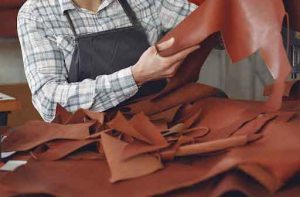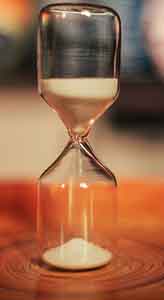Procurement is the process of obtaining the goods your company needs to carry out its business model and fulfill customer demands. It generally refers to the final act of purchasing (buying, acquiring, obtaining, etc.) for business purposes. The procurement process can be critically important for companies leading up to their final purchasing decision.
Some people use the terms “procurement” and “sourcing” interchangeably. Procurement and sourcing are two distinct approaches to buying the components, raw materials, supplies, and services a company requires to run effectively.
Procurement of Product
The procurement process ensures that all items are properly acquired so that projects can proceed efficiently and successfully.
As a procurement manager of product you will wish to have the:
Right Quality

Quality is an important part of the supply chain. Quality inspections during manufacturing, quality checks of the goods, or the quality of raw materials and parts are important factors in the procurement process.
Right Quantity
Sufficient quantity will meet the demand and maintain service levels. If the quantity is too high your company may incur high costs. If too low your customers may be unsatisfied.
Right Time

You will wish to secure the delivery of goods at the right time to meet customer demand. Make sure that it is not so early as to incur unnecessary inventory costs.
Right Price
The product must be secured at a price that is reasonable, fair, competitive and affordable ensuring a profit for the company. Minimising procurement costs in order to maximise the company’s profit.
Right Place
The goods must be packaged and transported properly and arrive in good condition. The goods must be delivered to the appropriate delivery destination.
Right Source
The right source for the procurement is the supplier that will supply the material or product at the requested quality. The supplier must also ship the right quantity as ordered, at the right time and at the agreed price.
The procurement process generally involves developing quality standards or guidelines, financing purchases, negotiating the price of goods or services, buying goods, and managing inventory.
Some Key Steps of a Procurement Process

- Identify Product Needed
- Consider a List of Suppliers
- Negotiate Contract Terms with Supplier(s)
- Finalize the (PO) Purchase Order
- Receive Invoice – Process Payment
- Delivery of the Order
In the context of the overall supply chain process, procurement is thought to end once your company takes possession of the goods procured.
In order to make a profit, your company must procure goods at a cost much lower than what your company sells the goods for, taking into account whatever costs are associated with processing and selling them. Since procurement can be very expensive, many companies turn to China at this critical stage in the supply chain process.
Reliable Suppliers of Goods
As discussed above, procurement is concerned with the logistics of acquiring materials. Sourcing focuses on identifying and locating reliable and inexpensive suppliers for those goods. Some of the components of the sourcing process include scouting, negotiating, testing for product quality, and market research.
As you know, a company’s profits depend heavily on finding appropriate sources. Often, these sources are in China.
Global Trade Specialists find ideal Chinese sources for our customers. Because we are an agent, we are not obligated to promote any one manufacturer. We ensure that your sourced products meet your specifications and will find the best manufacturer to produce your product.
